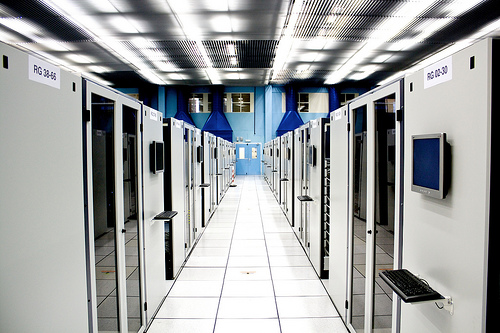
This is a cross-post from the Lowy Institute’s blog, The Interpreter.
If you had to choose between human rights and governance, which one would you pick? Most might go for human rights, but when it comes to the internet, that would be the wrong answer.
In February, the Internet Governance Forum (IGF) held its last preparatory meeting before the 2011 annual meeting, due to take place in Nairobi. The IGF was created following the UN World Summit on Information Society (WSIS) held in Tunis in 2005. The summit was an attempt to internationalise internet governance and make it more open.
The summit had four principal goals: ensuring the access, openness, development and security of the internet. The WSIS attempted to shape a new form of internet governance, that would give more power to international organisations and less power to the private sector organisations like the Internet Corporation for Assigned Names and Numbers (ICANN). Since no agreement was reached in Tunis, UN member states agreed to mandate the IGF to continue discussions on internet governance.
The IGF agenda has slowly but surely drifted away from the core issue of governance, and towards issues of human rights and development — Internet Governance 4 Development (IG4D). According to the draft agenda of the Nairobi meeting, UN member states would like to see more initiatives to bridge the digital divide. They are more concerned to ensure those in the developing world benefit from technology transfer, than how to ensure a sustainable development of the internet worldwide. The question of human rights and the internet, which ranges from privacy and communication, to access to information and press freedom, is one of the key issues that will be discussed in Kenya.
However, the core issue of internet governance does not include human rights. What matters for internet governance is who organises the network, who safeguards its critical infrastructure, who ensures it can develop in every country.
The IGF participants seem more focused on the outcomes of the internet, than on the sustainability of the medium itself. Such a view is problematic, because internet governance needs to be organised in an efficient and transparent way. The IGF needs to limit its discussion and not dissolve its agenda into every issue related to the internet and new technologies. IG4D and human rights are important, but they are secondary issues when it comes to internet governance.
The discussions during the four day Nairobi meeting need to be focused. This is the only option for the IGF to successfully fulfill its much needed mandate and achieve concrete steps toward a better governed internet.

